Random Generation of Trees: Random Generators in Computer Science
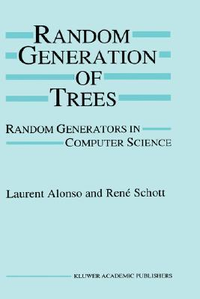
Summary
Random Generation of Trees is about a field on the crossroads between computer science, combinatorics and probability theory. Computer scientists need random generators for performance analysis, simulation, image synthesis, etc. In this context random generation of trees is of particular interest. The algorithms presented here are efficient and easy to code. Some aspects of Horton--Strahler numbers, programs written in C and pictures are presented in the appendices. The complexity analysis is done rigorously both in the worst and average cases.
Random Generation of Trees is intended for students in computer science and applied mathematics as well as researchers interested in random generation.
Similar Books
-
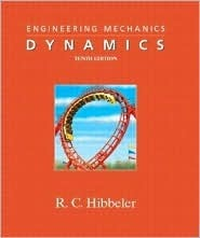 Engineering Mechanics: Dynamics
Engineering Mechanics: Dynamicsby Russell C. Hibbeler
-
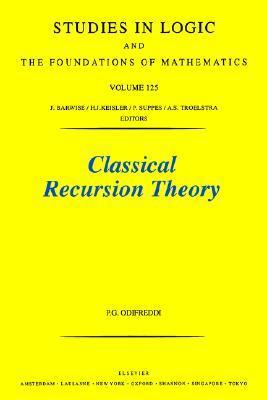 Classical Recursion Theory (Studies in Logic and the Foundations of Mathematics)
Classical Recursion Theory (Studies in Logic and the Foundations of Mathematics)by Piergiorgio Odifreddi
-
 Formulas for Stress, Strain, and Structural Matrices
Formulas for Stress, Strain, and Structural Matricesby Walter D. Pilkey
-
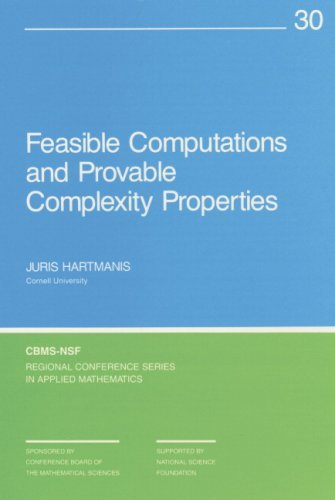 Feasible Computations and Provable Complexity Properties
Feasible Computations and Provable Complexity Propertiesby Juris Hartmanis
-
 The Simplex Method: A Probabilistic Analysis
The Simplex Method: A Probabilistic Analysisby Karl Heinz Borgwardt
-
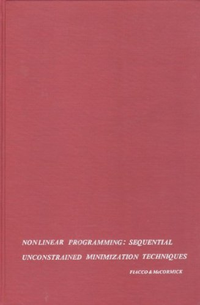 Nonlinear Programming: Sequential Unconstrained Minimization Techniques
Nonlinear Programming: Sequential Unconstrained Minimization Techniquesby Anthony V. Fiacco
-
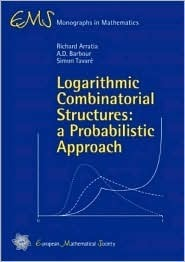 Logarithmic Combinatorial Structures: A Probabilistic Approach
Logarithmic Combinatorial Structures: A Probabilistic Approachby Richard Arratia
-
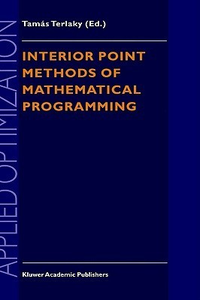 Interior Point Methods of Mathematical Programming
Interior Point Methods of Mathematical Programmingby T. Terlaky